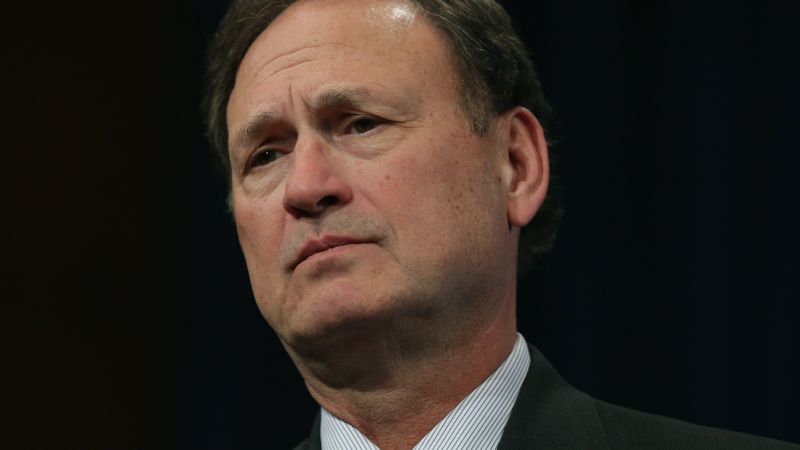The content of the recording reveals Supreme Court Justice Samuel Alito expressing frustration with media coverage of Supreme Court decisions. Alito spoke freely during the recording, unaware that he was being secretly recorded by a liberal documentary filmmaker who portrayed herself as a conservative Catholic. The full recording has not been obtained by CNN, but Alito’s comments shed light on his views on the role of the media in shaping public perception of the Supreme Court.
Alito’s remarks suggest that he believes the media has a significant influence on public opinion and perception of the Supreme Court. He takes issue with the way in which the media covers Supreme Court decisions, potentially shaping public perception and understanding of the court’s rulings. Alito’s comments reflect a concern about the impact of media scrutiny on the public’s perception of the court and its decisions.
The fact that Alito was secretly recorded by a liberal filmmaker who misrepresented herself as a conservative Catholic raises questions about the ethics of such recording practices. The recording was made without Alito’s knowledge or consent, and the filmmaker’s deception in representing herself to Alito raises concerns about the trustworthiness of the recording and the intentions behind it. The circumstances surrounding the recording raise ethical considerations about the boundaries of journalistic practices and the importance of informed consent in recording public figures.
Alito’s comments reveal a broader concern about the role of the media in shaping public perception of the Supreme Court. His remarks highlight the impact of media coverage on public understanding of the court’s decisions and the potential for misinterpretation or distortion in media reporting. Alito’s views on media scrutiny reflect a concern about the influence of the media on public opinion and suggest a desire for more accurate and balanced coverage of the Supreme Court.
The recording of Alito’s comments sheds light on the complexities of media coverage of the Supreme Court and the potential for bias or misrepresentation in reporting. Alito’s frustration with media scrutiny reflects a broader concern about the impact of media coverage on public perception of the court and its decisions. The recording raises questions about the ethics of secretly recording public figures and the importance of transparency and accountability in journalism.
Overall, Alito’s remarks captured in the recording highlight the challenges and complexities of media coverage of the Supreme Court. His concerns about the influence of media scrutiny on public opinion and perception of the court reflect a broader debate about the role of the media in shaping public understanding of the judiciary. The circumstances surrounding the recording raise important ethical considerations about journalistic practices and the boundaries of recording public figures without their knowledge or consent.













